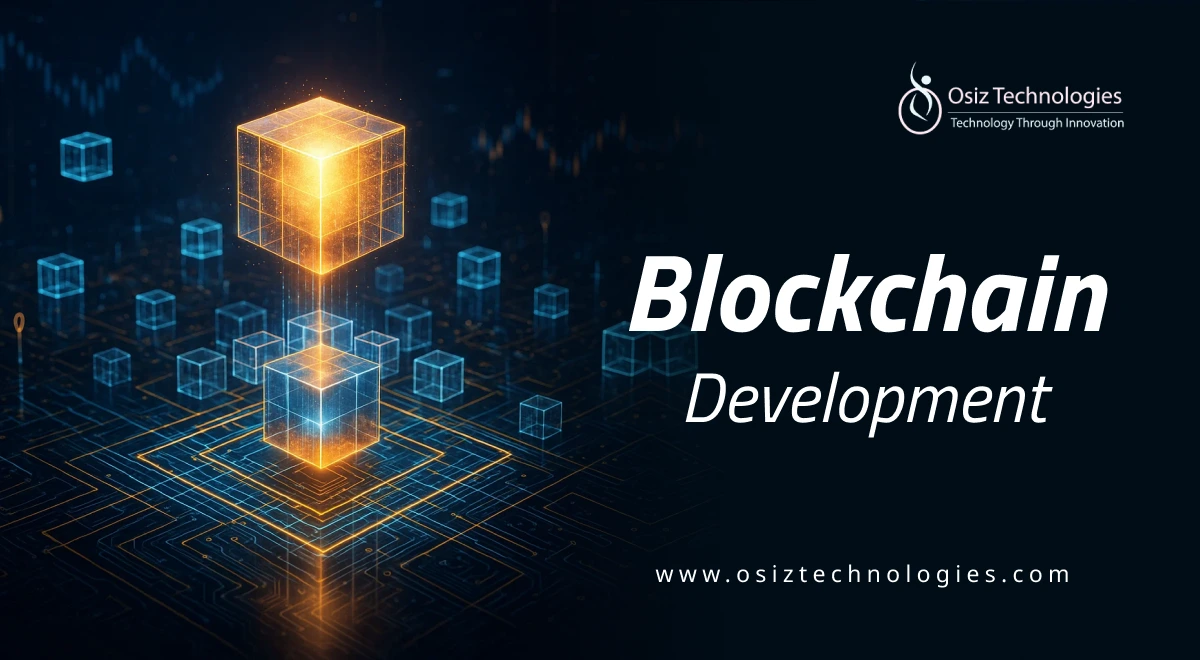Blockchain technology has revolutionized various sectors, offering transparency and decentralization. However, as its adoption grows, so do the security risks. This article delves into the multifaceted security risks associated with blockchain technology, including vulnerabilities in smart contracts, crypto exchange hacks, and decentralized finance (DeFi) risks. By understanding these issues, stakeholders can better prepare for and mitigate potential threats.
1. Introduction to Blockchain Security Risks
Blockchain technology promises security, but it is not impervious to threats. The decentralized nature of blockchain can create unique vulnerabilities that cybercriminals exploit. According to a recent report by Chainalysis, over $2.17 billion has been stolen from cryptocurrency services in 2025 alone, highlighting the urgent need for comprehensive risk management strategies.
2. Crypto Exchange Hacks
Crypto exchanges are prime targets for hackers due to the large volumes of assets they hold. High-profile hacks have resulted in substantial losses, leading to a crisis of confidence among users. For instance, the infamous Mt. Gox hack in 2014 led to the loss of over 850,000 Bitcoins. To protect against these risks, exchanges must implement robust security measures, including multi-signature wallets and cold storage solutions.
3. Smart Contract Vulnerabilities
Smart contracts automate transactions on the blockchain, but they can also harbor vulnerabilities. A flaw in a smart contract can lead to significant financial losses. The 2025 MEFAI report highlights that June 2024 saw devastating damages due to these vulnerabilities. Developers must rigorously audit smart contracts before deployment and consider using formal verification methods to ensure their security.
4. Blockchain Wallet Security
Blockchain wallets are essential for storing cryptocurrencies, but they can also be vulnerable to attacks. Phishing scams and social engineering tactics are common methods used to compromise wallet security. Users must be educated on recognizing phishing attempts and should enable two-factor authentication to enhance their wallet security.
5. Decentralized Finance (DeFi) Risks
DeFi platforms offer innovative financial services without intermediaries, but they come with their own set of risks. Flash loan attacks, where attackers exploit vulnerabilities in DeFi protocols, have become increasingly common. Users and developers must stay informed about potential exploits and adopt best practices for security.
6. Phishing and Social Engineering in Crypto
Phishing attacks are prevalent in the cryptocurrency space. Cybercriminals often impersonate legitimate services to steal sensitive information. Users should be cautious of unsolicited communications and verify the authenticity of any requests for personal information.
7. Blockchain Privacy vs. Security
While blockchain offers privacy, it can sometimes conflict with security. The pseudonymous nature of transactions can make it challenging to trace illicit activities. Striking a balance between privacy and security is crucial for maintaining user trust and compliance with regulations.
8. Stablecoin Security Issues
Stablecoins aim to provide stability in the volatile crypto market, but they are not without risks. Issues such as price depegging and liquidity failures can threaten their reliability. Regulatory scrutiny is increasing, and stablecoin issuers must ensure they adhere to compliance standards to mitigate risks.
9. Blockchain Regulatory Compliance
As blockchain technology evolves, so do regulatory requirements. Organizations must navigate a complex landscape of regulations to ensure compliance. Failure to comply can result in severe penalties and damage to reputation. Regular audits and assessments can help organizations stay compliant.
10. Access Control Vulnerabilities in Blockchain
Access control is a critical aspect of blockchain security. Weak access controls can lead to unauthorized access and data breaches. Organizations should implement strict access policies and regularly review permissions to enhance security.
11. AI Threats to Blockchain Security
As artificial intelligence becomes more integrated into blockchain technology, new security threats emerge. AI can be used to automate attacks, making them more sophisticated. Organizations must stay ahead by adopting advanced cybersecurity measures and continuously monitoring for potential threats.
12. Blockchain Risk Management Solutions
To mitigate the various risks associated with blockchain, organizations should implement comprehensive risk management solutions. This includes regular audits, security assessments, and employee training. By fostering a culture of security awareness, organizations can better protect their assets.
Conclusion
Understanding the security risks associated with blockchain technology is essential for anyone involved in the crypto space. From crypto exchange hacks to smart contract vulnerabilities, the landscape is fraught with challenges. However, with proactive measures and a commitment to security best practices, stakeholders can navigate these risks effectively. For more insights on blockchain security and technology, connect with osiz technologies, a leading Blockchain Development Company dedicated to building secure and innovative blockchain ecosystems.
Listen To The Article
Recent Blogs

X-Mas 30%
Offer











